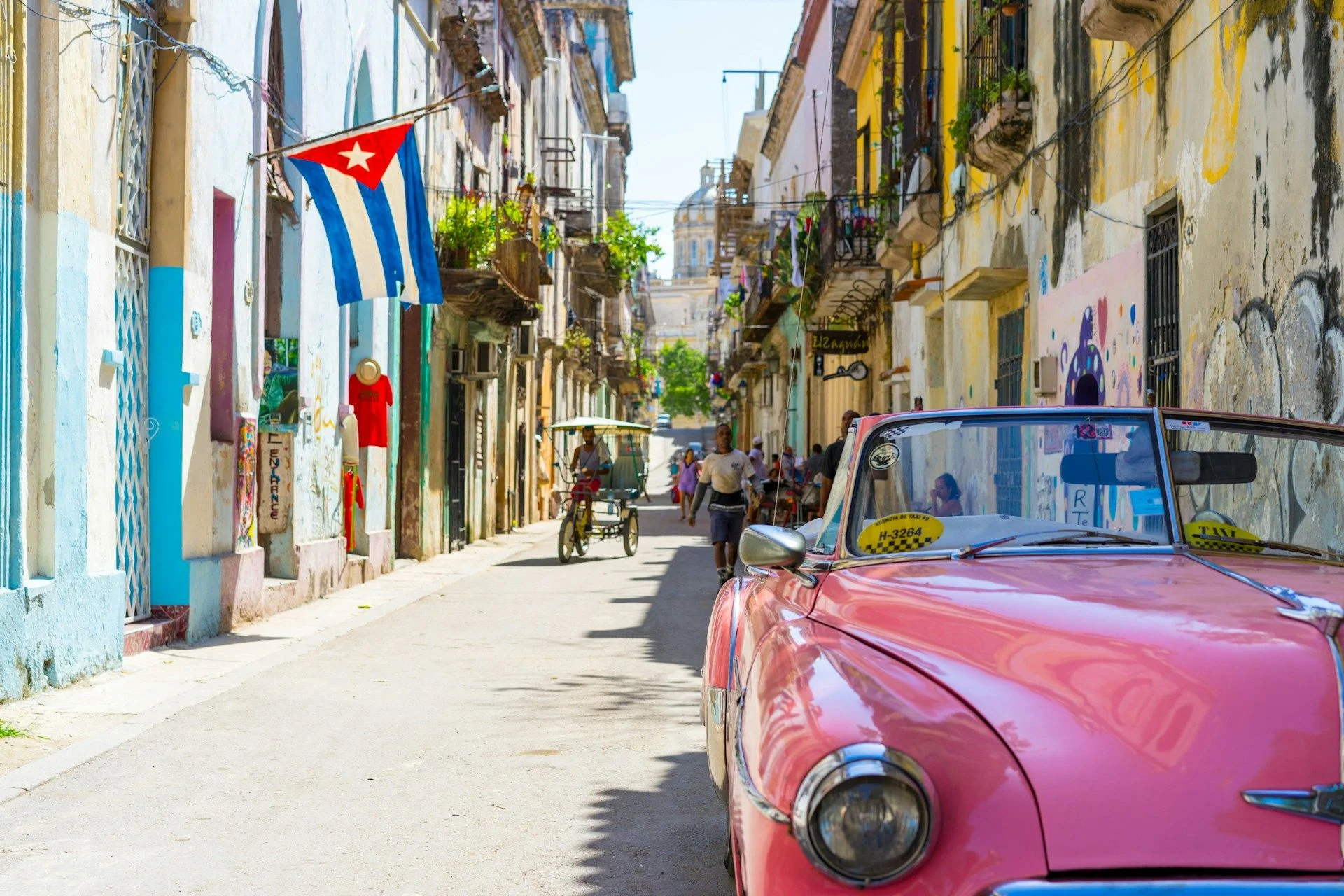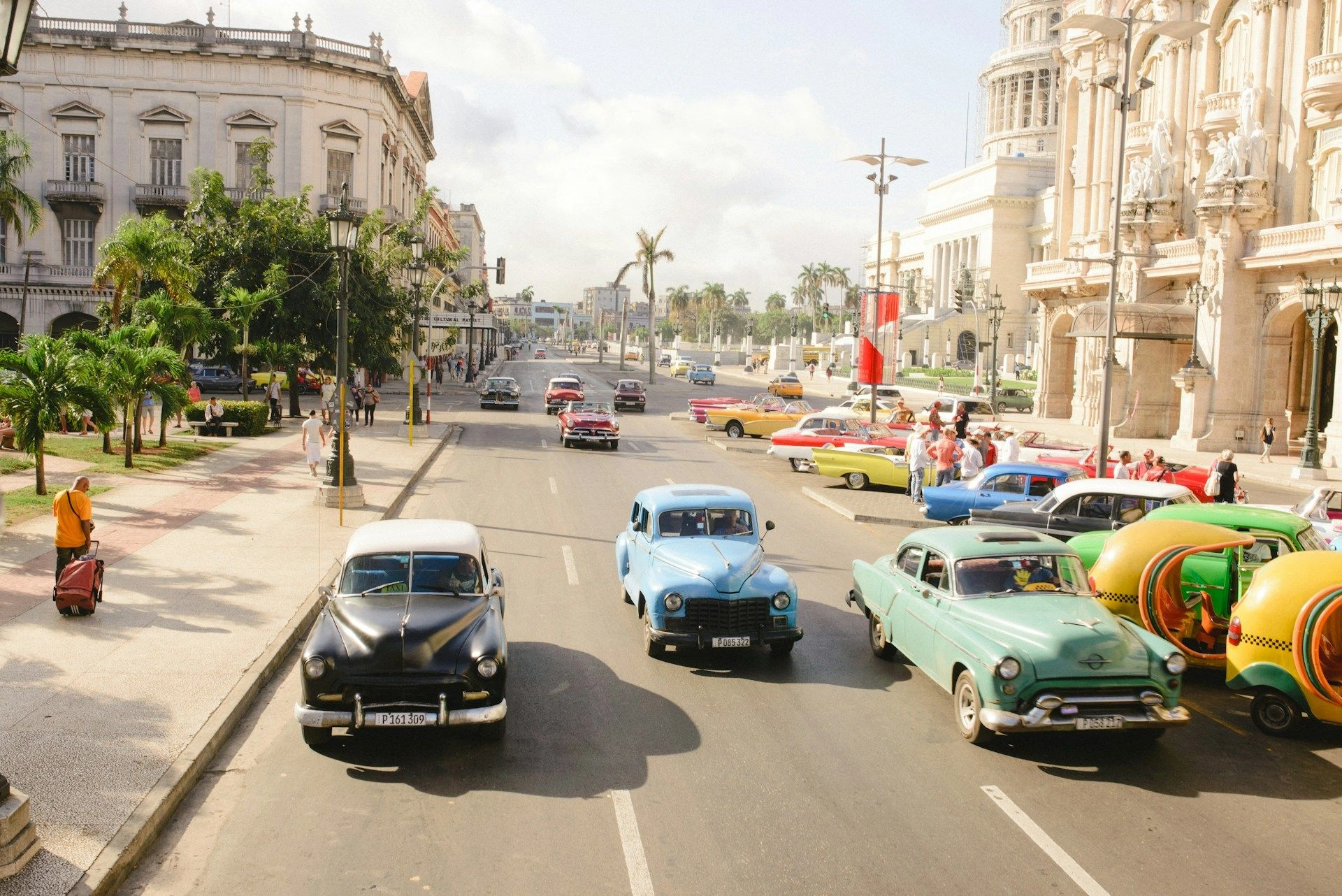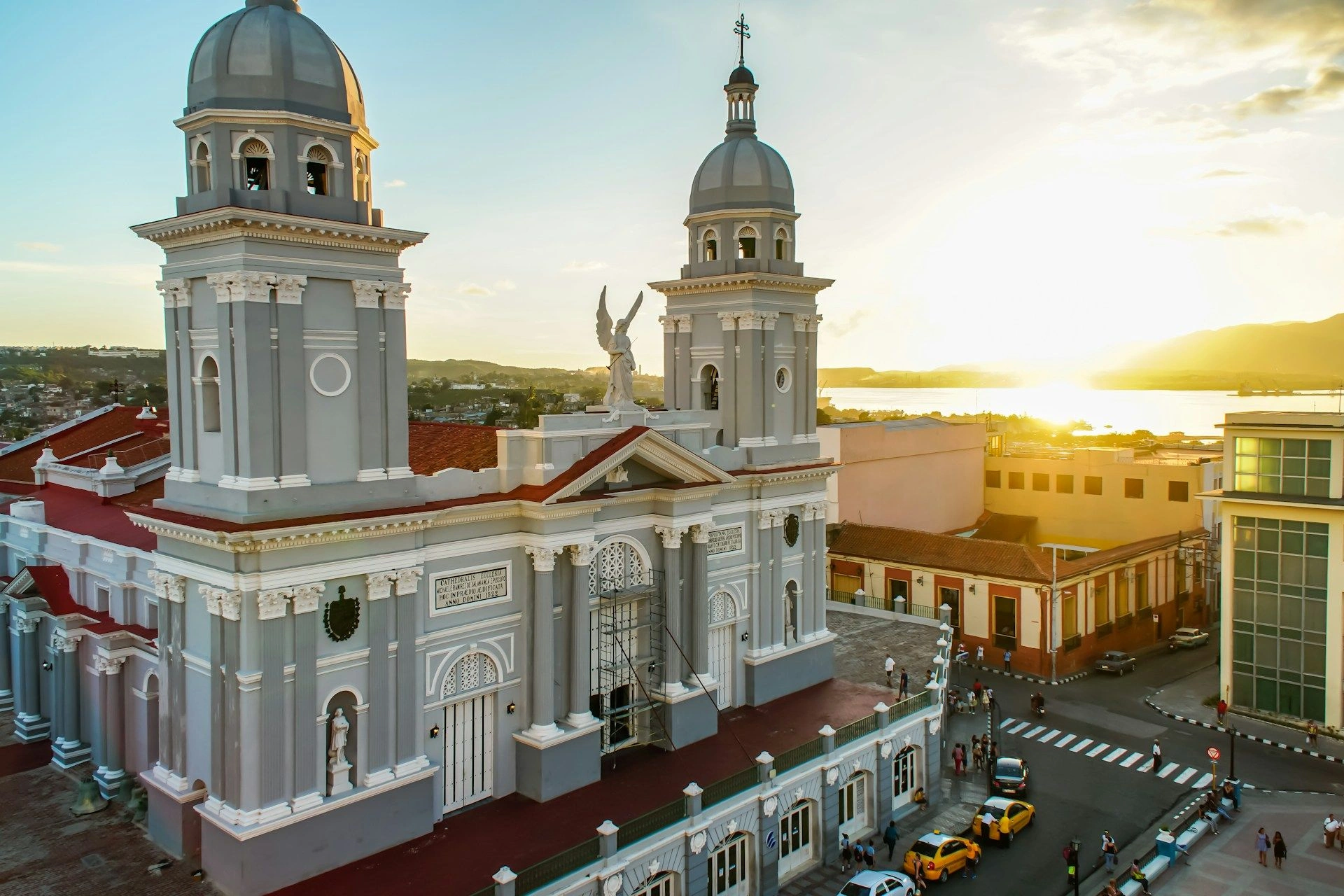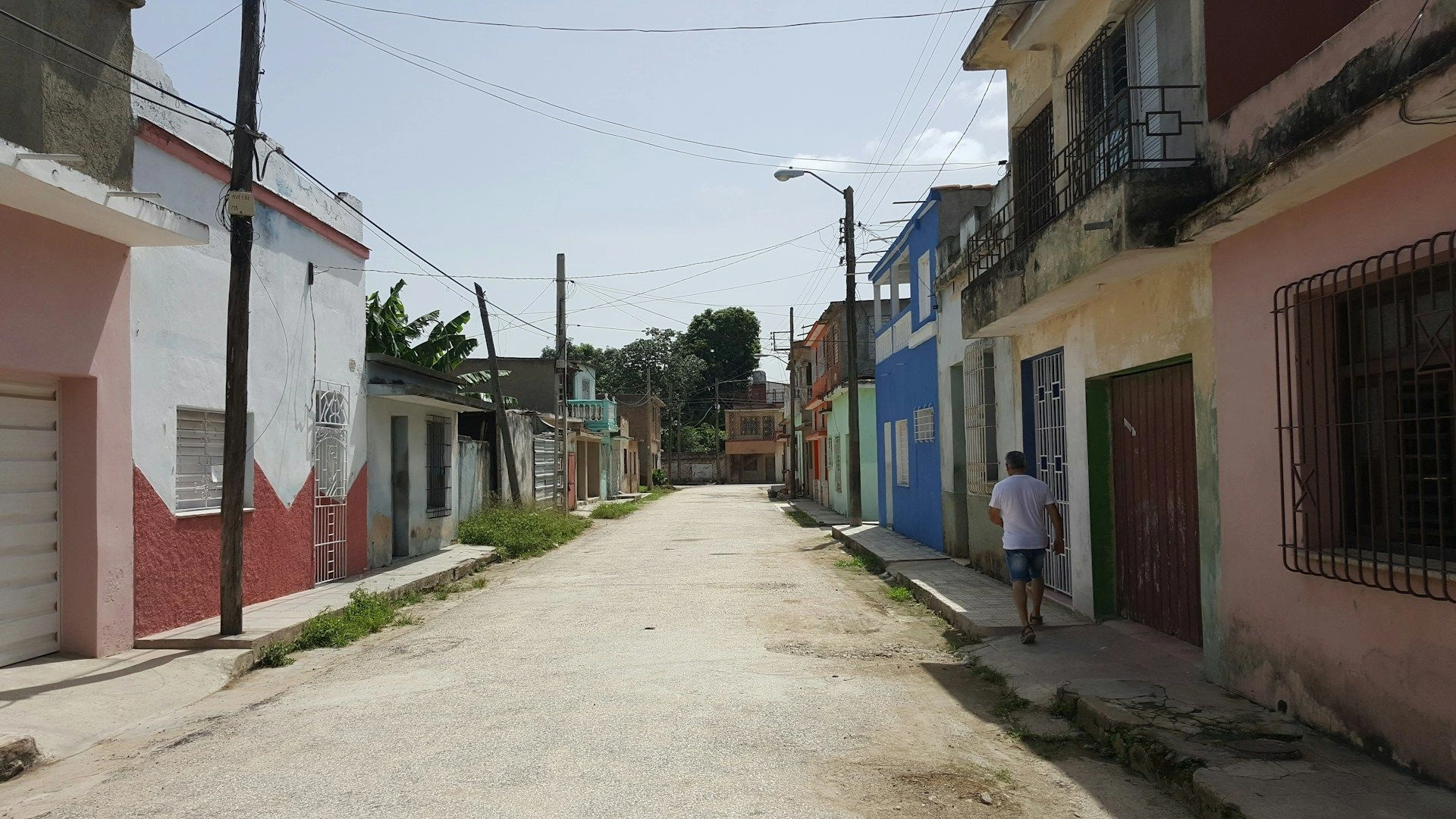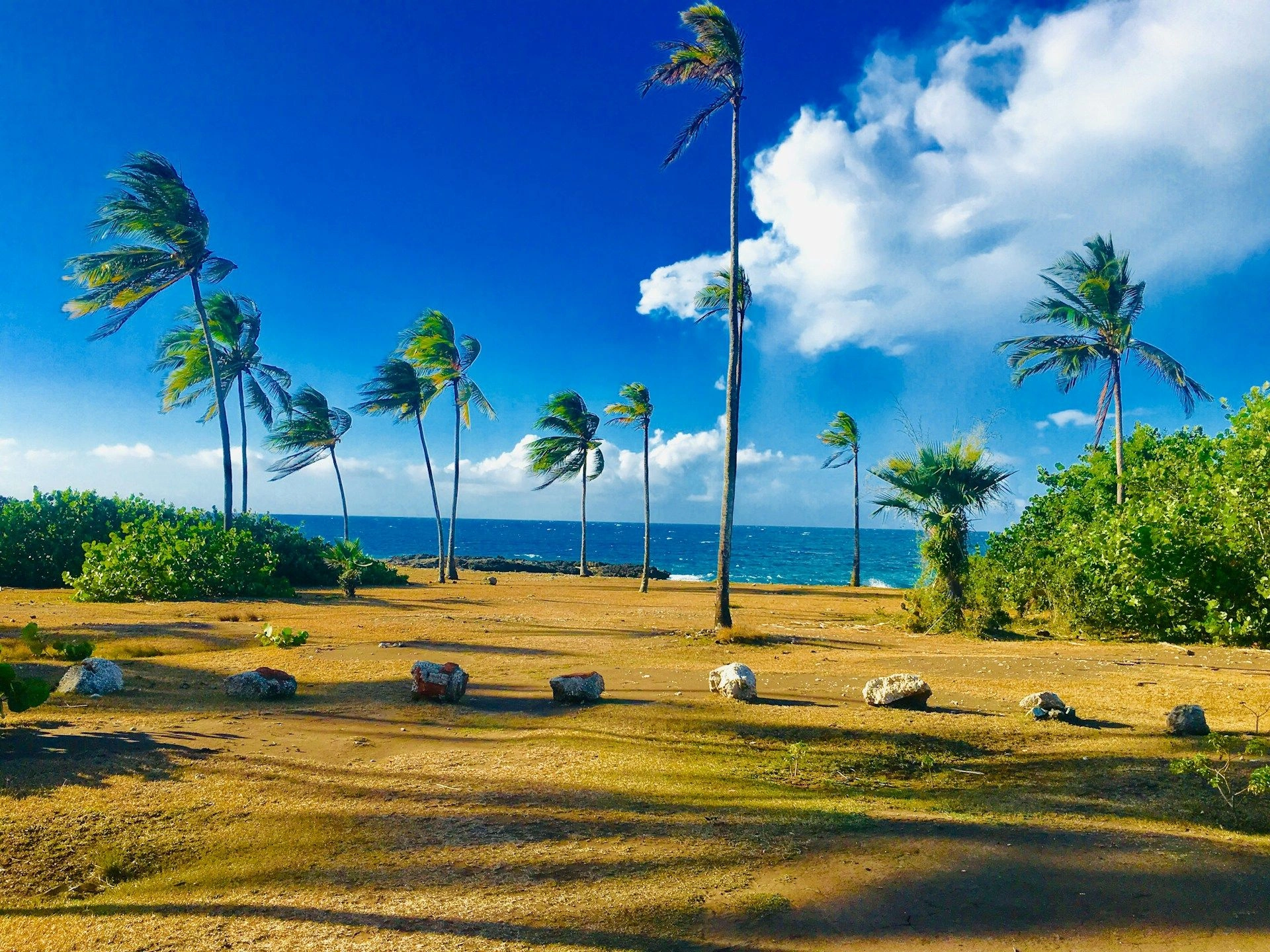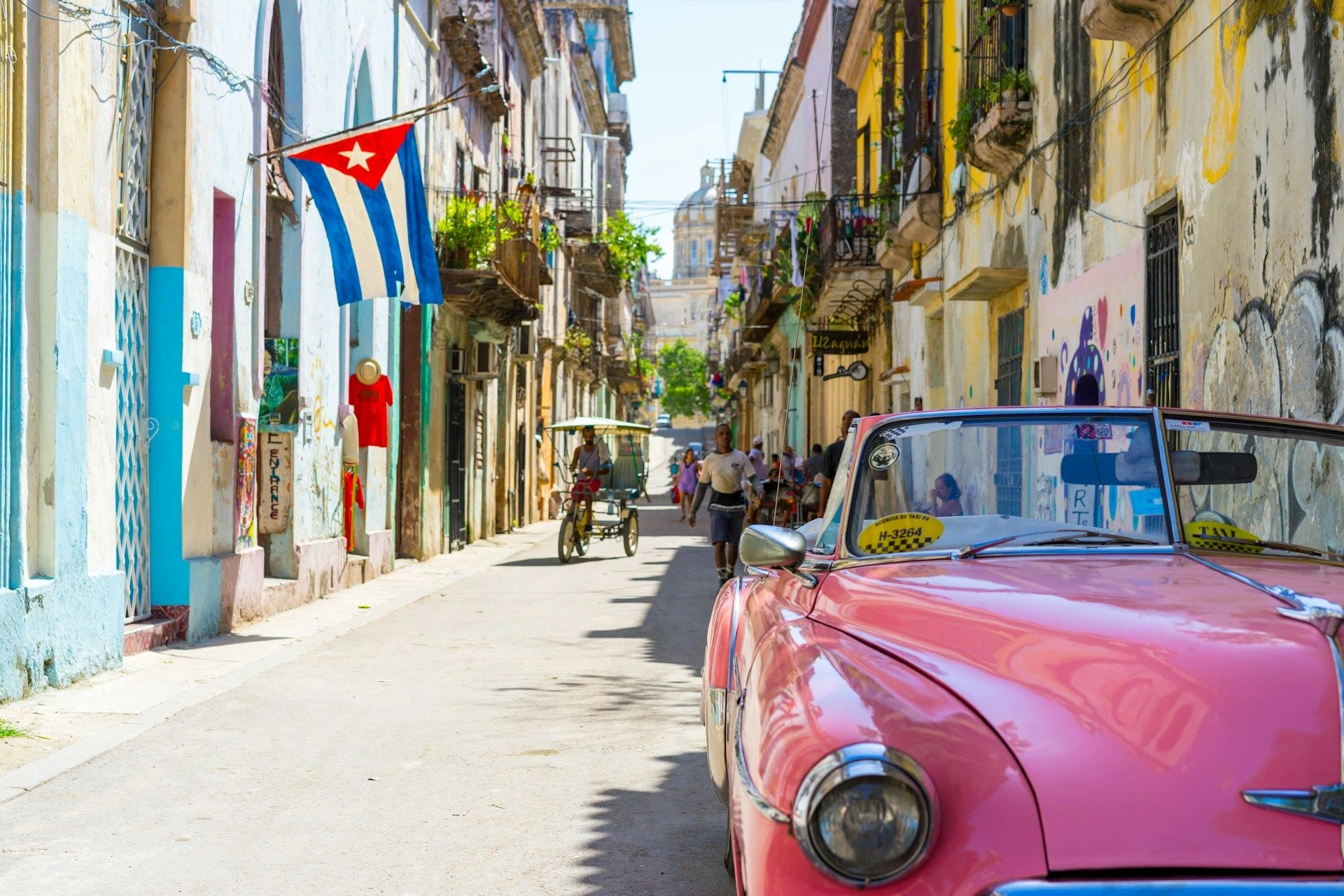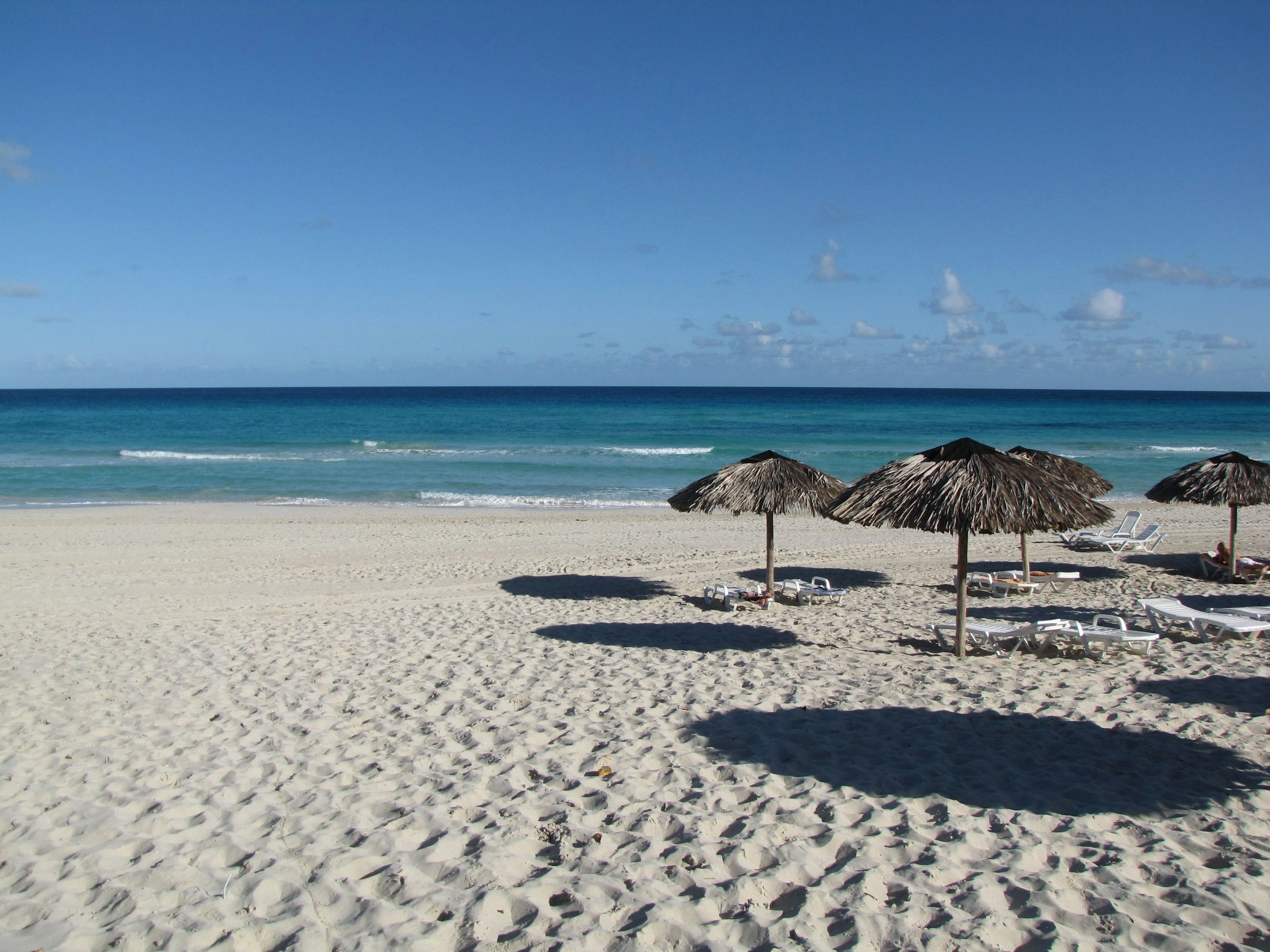Popular
cities and regions in Cuba
Best offers
in Cuba
Resale property in Cuba
Ownership framework
In Cuba resale real estate operates within a tightly defined ownership framework and limited transfer volume, which shapes availability and timing, so buyers in Cuba should confirm seller authority and focus on listings aligned with a clear closing sequence
Price signaling
Resale property in Cuba reflects established housing stock where asking prices signal condition and transfer readiness more than negotiation range, affecting comparisons, so buyers in Cuba should compare like for like listings and verify price cues carefully
Comparability limits
Resale housing market in Cuba has uneven comparability across property formats and locations, which impacts shortlist accuracy, so buyers in Cuba should focus on consistent segments and review documentation alignment before narrowing options
Ownership framework
In Cuba resale real estate operates within a tightly defined ownership framework and limited transfer volume, which shapes availability and timing, so buyers in Cuba should confirm seller authority and focus on listings aligned with a clear closing sequence
Price signaling
Resale property in Cuba reflects established housing stock where asking prices signal condition and transfer readiness more than negotiation range, affecting comparisons, so buyers in Cuba should compare like for like listings and verify price cues carefully
Comparability limits
Resale housing market in Cuba has uneven comparability across property formats and locations, which impacts shortlist accuracy, so buyers in Cuba should focus on consistent segments and review documentation alignment before narrowing options
Useful articles
and recommendations from experts
Resale property in Cuba - reading listings under structured transfer conditions
Why buyers choose resale real estate in Cuba
Resale real estate in Cuba attracts buyers who are prepared to work within an established transfer framework and prefer to evaluate properties that already exist in the market. Existing homes provide visible condition and a clear ownership context that cannot be inferred from future oriented offerings.
The resale housing market in Cuba is defined by limited transaction flow, which makes current listings especially important. Buyers rely on active listings to understand how asking prices reflect readiness to proceed rather than volume driven competition.
This environment favors buyers who approach the process with structured comparison and documentation focus.
Who buys resale property in Cuba
Resale property in Cuba is typically purchased by local households, returning residents, and approved non resident buyers operating within permitted ownership pathways. These buyer groups use listings to assess availability and compare transfer readiness.
First time buyers often concentrate on understanding how ownership history affects pricing, while experienced buyers focus on authority alignment and closing sequence.
Across profiles, resale homes in Cuba serve as a practical reference for what is currently achievable in the market.
Property types and asking price logic in Cuba
Resale property in Cuba includes apartments and houses within established housing stock. Asking prices are often influenced by condition baseline, ownership clarity, and the ability to complete a transfer within the current framework.
Buyers reviewing apartments for sale should compare listings with similar ownership background to read price cues correctly.
Using active listings to review resale apartments in Cuba helps buyers define realistic expectations and avoid distorted comparisons.
Legal clarity and standard checks in Cuba
Buying resale real estate in Cuba follows a controlled sequence of standard checks designed to align ownership authority and transfer permissions. Buyers typically review an ownership extract, confirm the title record, complete an encumbrance check, and verify registered occupants.
These control points help buyers understand whether a listing is positioned to move forward.
Addressing checks early supports smoother progression from offer to closing.
Areas and market segmentation in Cuba
The resale housing market in Cuba is segmented at a broad level by major urban centers and provincial areas. Each segment shows different availability patterns and pricing logic within listings.
When comparing resale property in Cuba, buyers benefit from staying within one segment to maintain like for like evaluation.
Current listings reveal these segmentation layers and support disciplined shortlisting.
Resale versus new build choices in Cuba
Resale real estate in Cuba differs from new build options because new supply is limited and often subject to different allocation pathways. Resale homes offer clearer condition and ownership visibility.
Buyers compare resale property in Cuba primarily to assess what can be transferred now rather than future availability.
This comparison keeps decisions grounded in present market reality.
How VelesClub Int. helps buyers browse and proceed in Cuba
VelesClub Int. aggregates active resale listings in Cuba so buyers can compare asking prices, ownership context, and readiness indicators in one browsing space.
The platform supports structured shortlisting and helps buyers plan the next steps toward viewing and offer.
This listings focused approach supports calm and informed decision making.
Frequently asked questions about buying resale property in Cuba
How should a first time buyer approach resale real estate in Cuba
A first time buyer should check ownership history and listing details, verify that seller authority is clearly established, and avoid delays from unclear transfer rights by choosing to pause and clarify early
What should returning residents confirm before shortlisting
Returning residents should check registered occupants and consent alignment, verify document consistency, and avoid rework caused by missing confirmations by deciding to pause and clarify during review
How can remote buyers manage document checks
Remote buyers should check document summaries and boundary consistency, verify alignment across records, and avoid stalled closings by opting to pause and clarify when inconsistencies appear
What should family buyers focus on first
Family buyers should check authority scope and ownership continuity, verify that listing information matches records, and avoid confusion from unclear responsibility by choosing to pause and clarify early
How do downsizers compare resale listings
Downsizers should check condition tier and transfer readiness, verify that asking prices align with documentation status, and avoid last minute changes by deciding to pause and clarify before final selection
What should experienced buyers verify before offering
Experienced buyers should check encumbrance status and seller readiness, verify completeness of records, and avoid stalled progression by choosing to pause and clarify prior to commitment
Conclusion - how to use listings to decide in Cuba
Resale real estate in Cuba gives buyers access to established homes with visible condition, defined ownership context, and asking prices that reflect transfer readiness. Reviewing active listings supports careful comparison and realistic shortlisting.
With VelesClub Int., buyers can browse resale property in Cuba and move from shortlist to viewing and offer using a structured approach grounded in current market listings.
